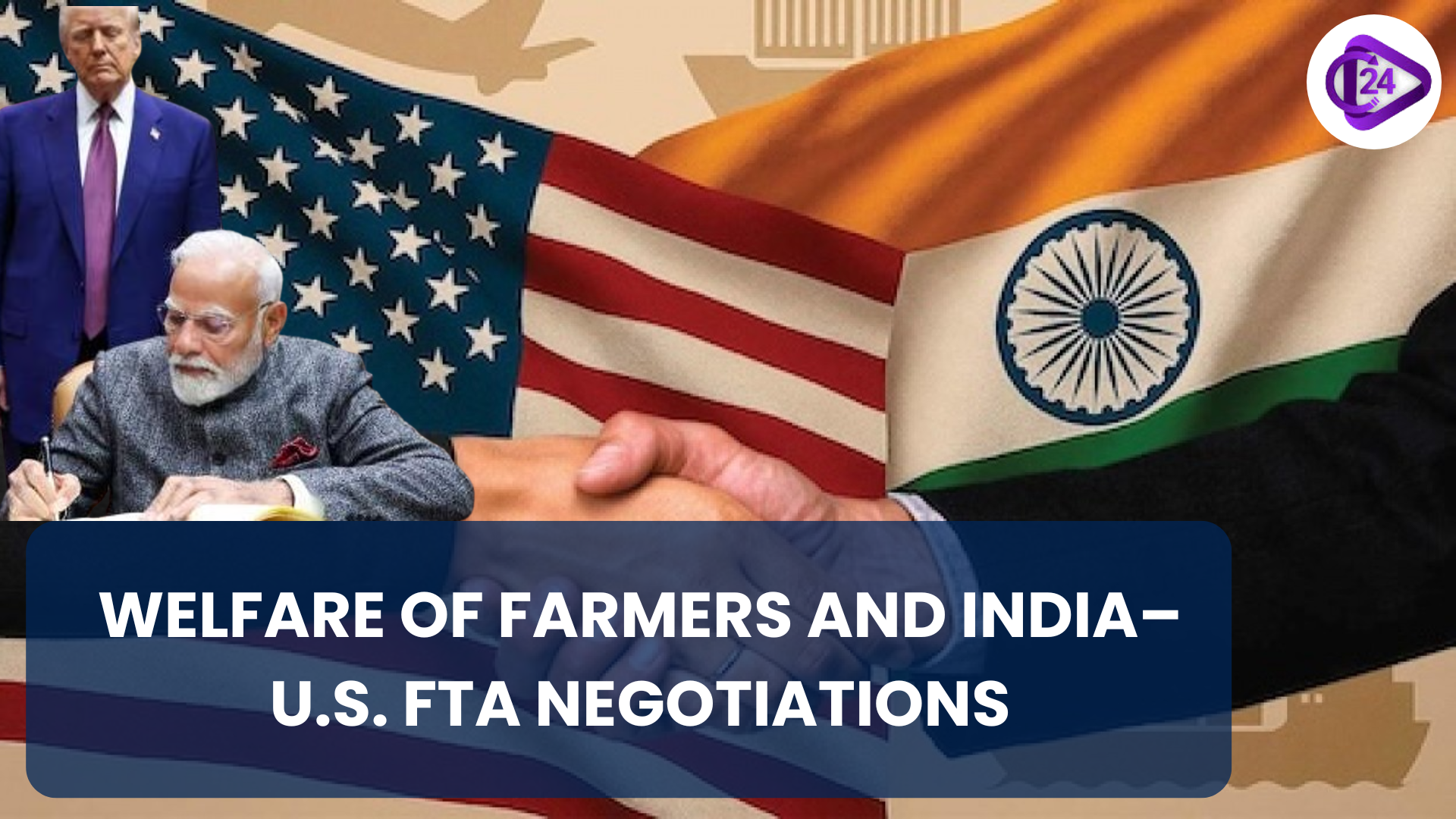
Inaugurating the M.S. Swaminathan Centenary International Conference, Prime Minister Narendra Modi once again made it clear that farmers, milk producers and fishermen are the priority of the Government of India even during delicate negotiations of an FTA with the U.S. The U.S. wants the Indian agriculture markets opened more to international trade, and this is one of the matters of concern to the farmer associations such as the SKM in terms of future effects on the livelihoods of rural dwellers. India is already the world leader in milk as well as pulses and jute production and the second biggest producer of rice, wheat, cotton, fruits/vegetables and fisheries.
Context
-
With the negotiations underway to sign a Free Trade Agreement (FTA) with the United States, Prime Minister Narendra Modi during the inaugural of the M.S. Swaminathan Centenary International Conference, made it clear again that the welfare of farmers, dairy farmers as well as the fishermen will continue to rank as the topmost priorities of the Government of India.
Key Points
Background
U.S FTA Negotiations:
-
The U.S. is aiming at having increased access to Indian agriculture markets, dairy sector, and importation of soybean, corn, almonds, and apples.
-
Other farmer organisations such as the Samyukt Kisan Morcha (SKM) have raised opposition citing that it can adversely affect the livelihood of their rural communities.
-
Any such agreement must be signed only after scrutiny and approval by the Parliament; SKM has demanded this requirement.
Agricultural Achievements of India (as indicated by the PM):
-
Ranked 1st in: production of milk, pulses and jute.
-
Second: rice, wheat, cotton, fruits and vegetables.
-
Second biggest fish producer in the world.
-
Note 2024-25 food grain and oilseed output (soybean, mustard and groundnut at an all-time high).
Key Concerns in FTA Negotiations
|
Area of Concern |
Possible Impact on Farmers |
|
Dairy Sector |
U.S. entry could undercut domestic prices; India’s dairy is largely smallholder-based. |
|
Grain Imports |
Soybean and corn imports may affect domestic market prices. |
|
Fruit & Nut Imports |
Increased supply could impact returns for apple, almond growers (esp. Himachal Pradesh, Kashmir). |
|
Fisheries |
Market access demands could expose small-scale fishers to global competition. |
PM’s Position
-
Farmers interests must not be compromised even to the personal political detriment.
Focus on:
-
Raising farmer returns
-
Cutting on agricultural costs
-
Establishing new sources of rural income
-
Congruence with the vision of M.S. Swaminathan that food security goes hand in hand with farmer prosperity.
M.S.Swaminathan Award Food and Peace
-
1st Recipient: Prof. Ademola A. Adenle (Nigeria)
-
Appreciated in bringing out evidence-based policy as far as genetically modified (GM) agriculture is concerned.
-
Conducted the biggest GM crop adoption study in Africa (300+ stakeholders, 3 years).
-
Produced a Fibre-Feed-Food (F3) framework.
-
Took part in regulatory changes in more than 30 countries, both in bioethics and public trust.
Way Forward
-
Open Negotiations: Carry out parliamentary and stakeholder consultations prior to concluding FTA.
-
Sectoral Safeguards: Apply Safeguards to vulnerable sectors (dairy, smallholder crops, fisheries) by using quotas, tariffs or phased liberalisation.
-
Export Readiness: Larger agri-export base- expand India agri-export base not just to open markets.
-
Investment in Competitiveness: Enhance value chains, processing and branding of Indian produce to become competitive in the world marketplace.
Conclusion
The United States will be embracing major FTA negotiations including the FTA India talks to facilitate liberalisation of trade, which is a ticklish position to maintain the welfare of farmers. The government intends to protect smallholders by demanding sectoral protection, open consultations, and competitiveness-gaining as it seeks to exploit international trade prospects. In this vein, this practice would be in line with the vision of M.S. Swaminathan to integrate food security and farmer prosperity.



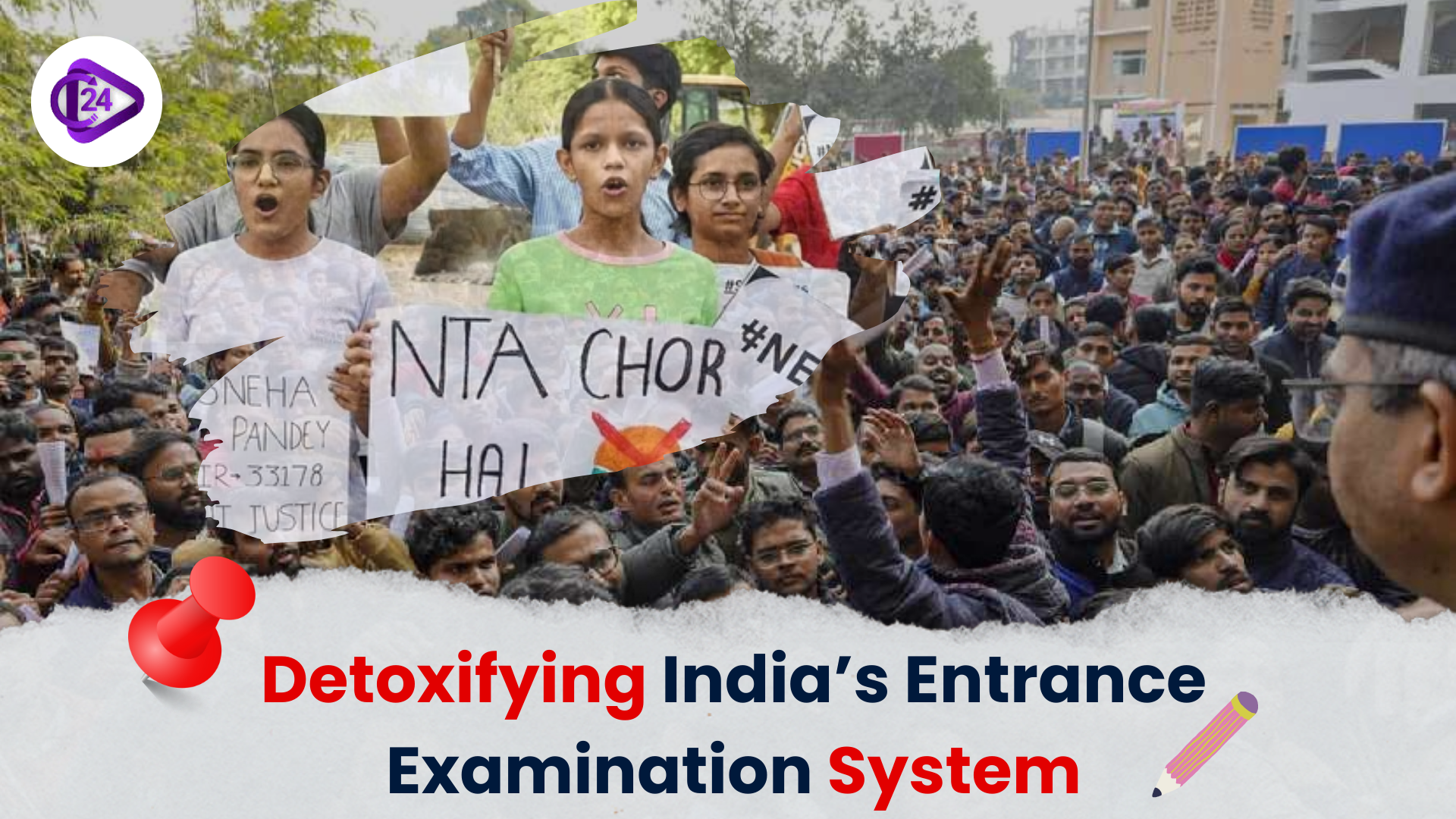 Reforming India’s Entrance Exams: Towards Equity and Student Well-being
Reforming India’s Entrance Exams: Towards Equity and Student Well-being Dowry Deaths in India: Nikki Bhati Case Exposes Systemic Silence
Dowry Deaths in India: Nikki Bhati Case Exposes Systemic Silence J&K: Annual Mela Patt Festival Begins in Bhaderwah
J&K: Annual Mela Patt Festival Begins in Bhaderwah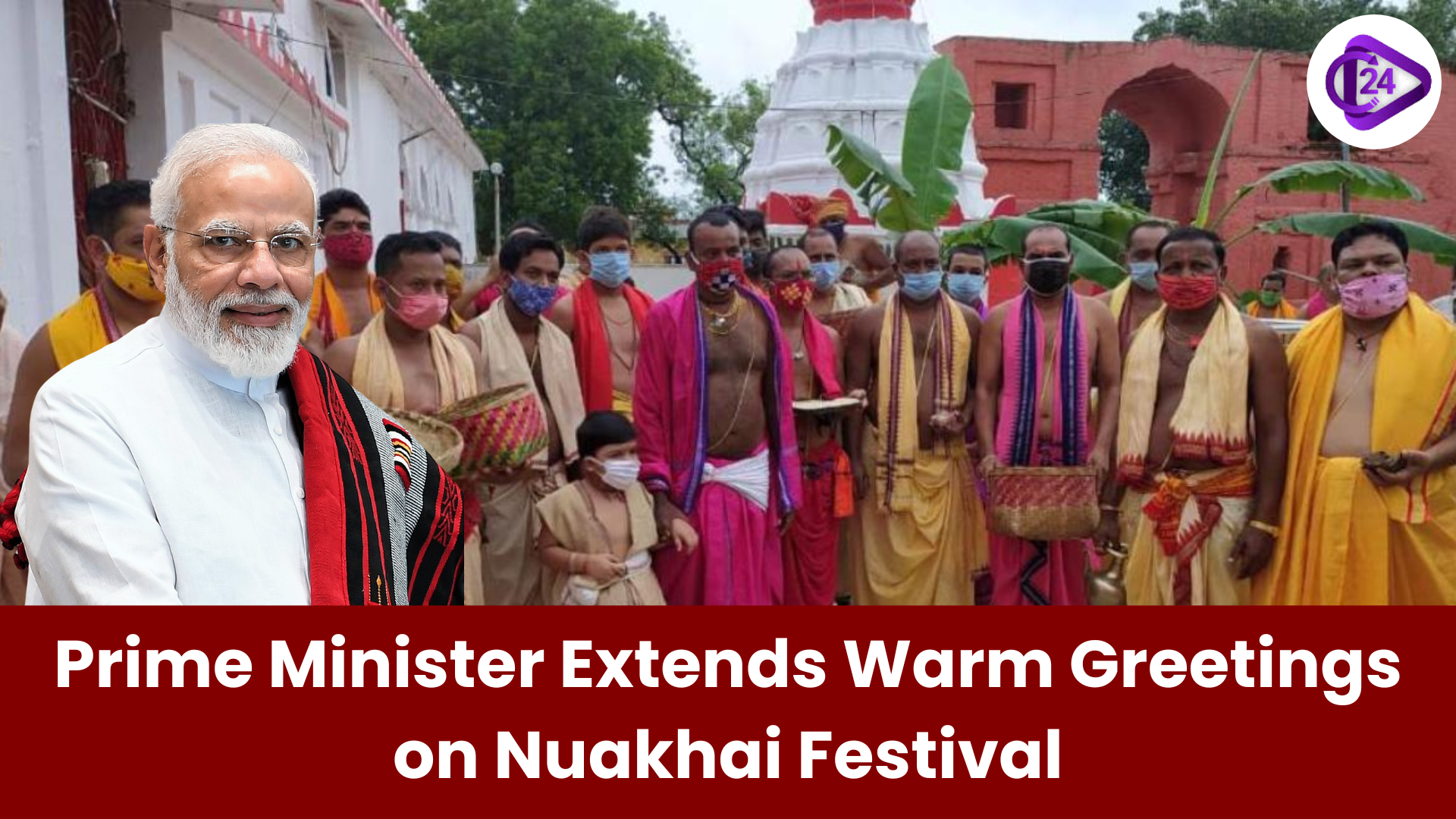 Prime Minister Extends Warm Greetings on Nuakhai Festival
Prime Minister Extends Warm Greetings on Nuakhai Festival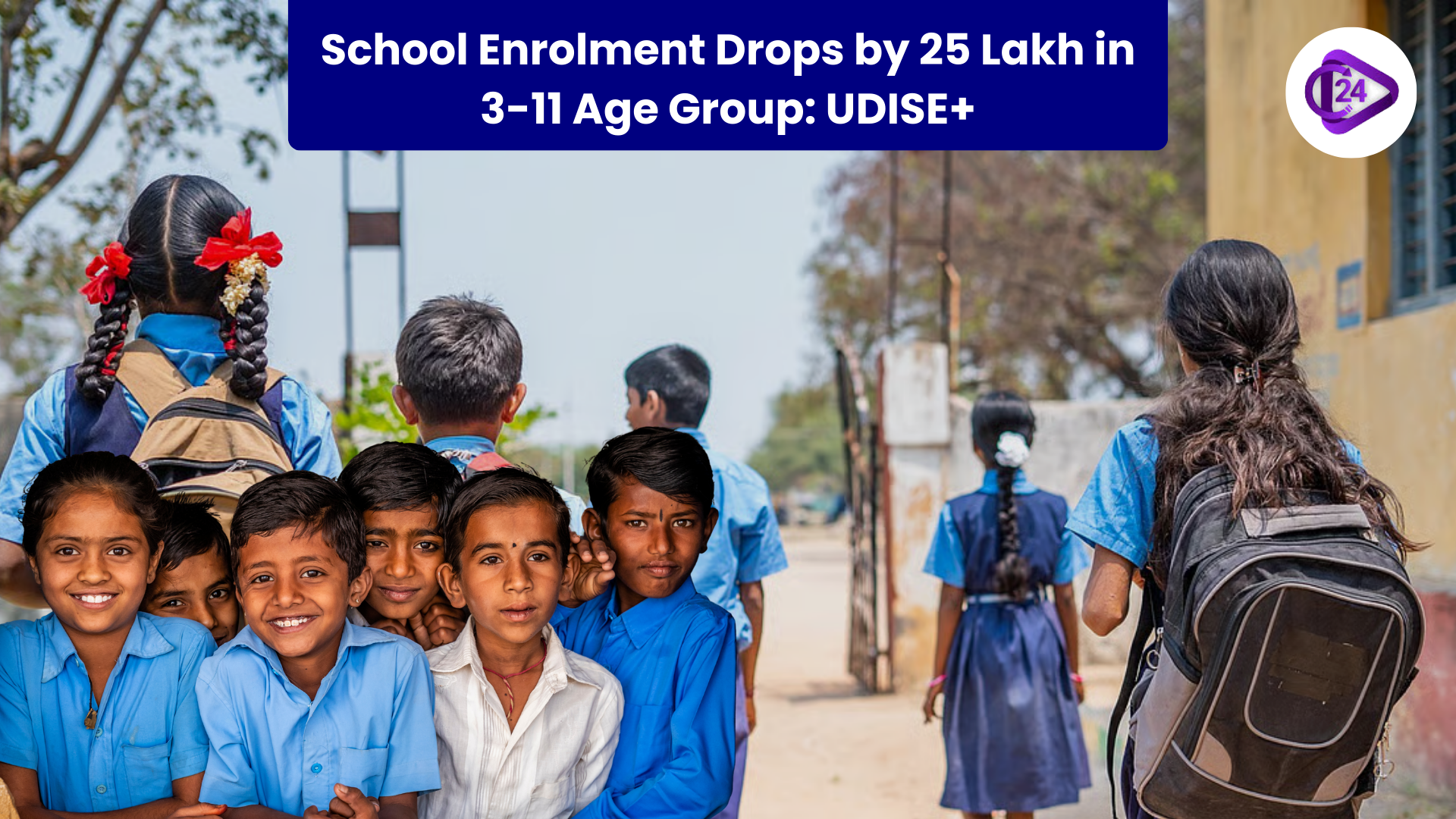 School Enrolment in 3-11 Age Group Drops by 25 Lakh: UDISE+ Report
School Enrolment in 3-11 Age Group Drops by 25 Lakh: UDISE+ Report Punjab and Haryana HC Grants Bail to Bangladeshi Woman: Application of Article 21 for Foreign Nation
Punjab and Haryana HC Grants Bail to Bangladeshi Woman: Application of Article 21 for Foreign Nation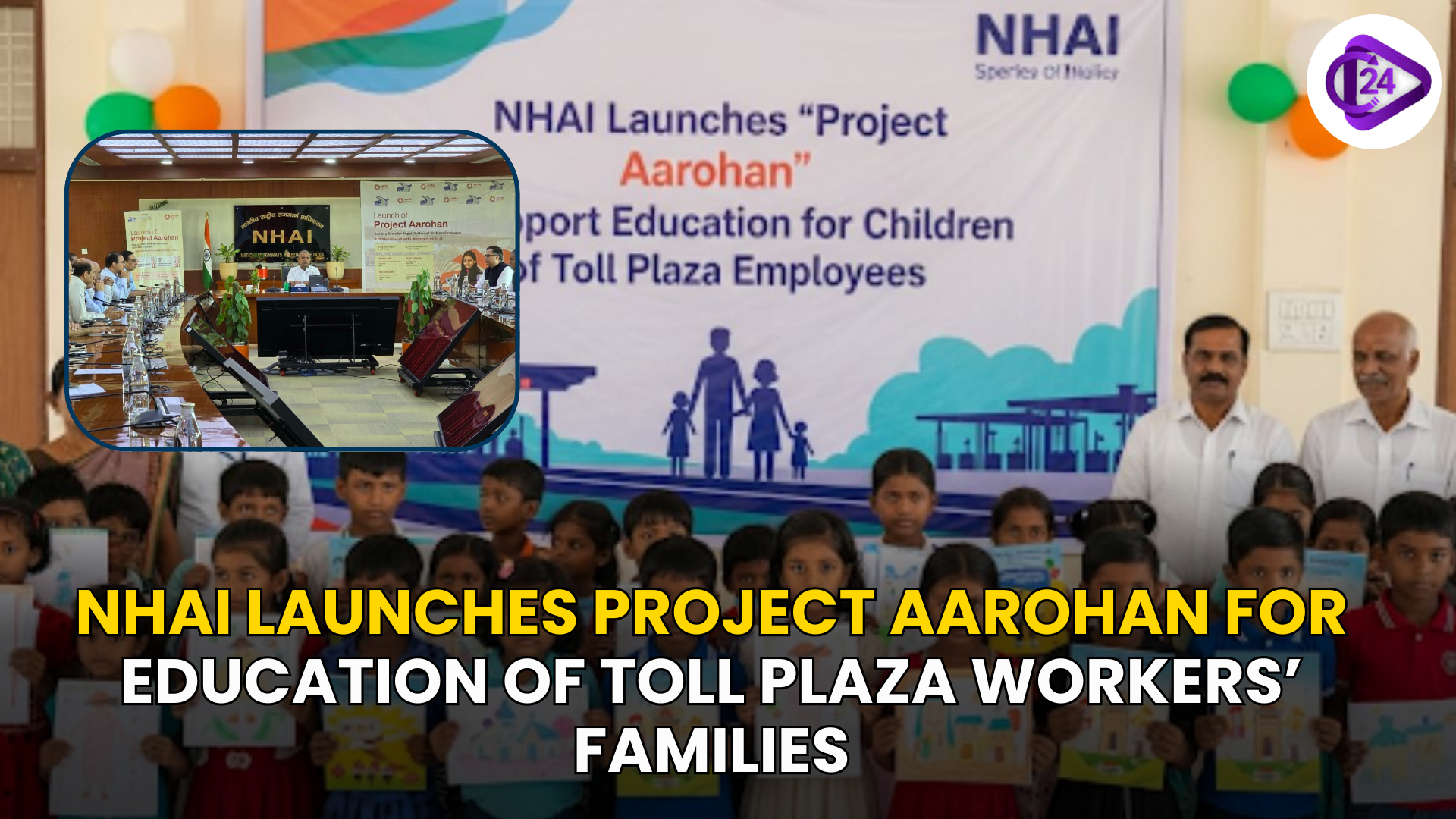 NHAI launches Project Aarohan to support education of toll plaza workers’ families
NHAI launches Project Aarohan to support education of toll plaza workers’ families RAN SAMWAD-2025: A Groundbreaking Tri-Service Seminar on Warfighting at Army War College
RAN SAMWAD-2025: A Groundbreaking Tri-Service Seminar on Warfighting at Army War College CISF Launches First All-Women Commando Unit to Strengthen Gender Parity
CISF Launches First All-Women Commando Unit to Strengthen Gender Parity NCERT Introduces Indian Classical Art Forms in School Curriculum (Classes 3–8)
NCERT Introduces Indian Classical Art Forms in School Curriculum (Classes 3–8)






